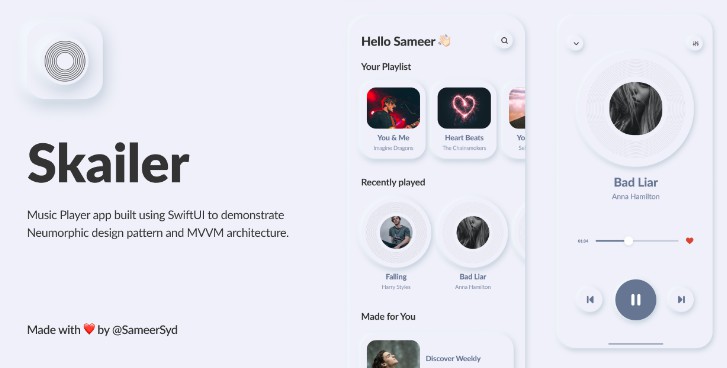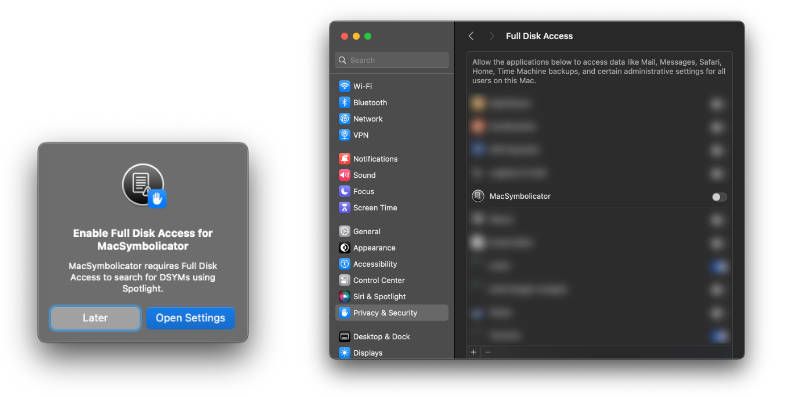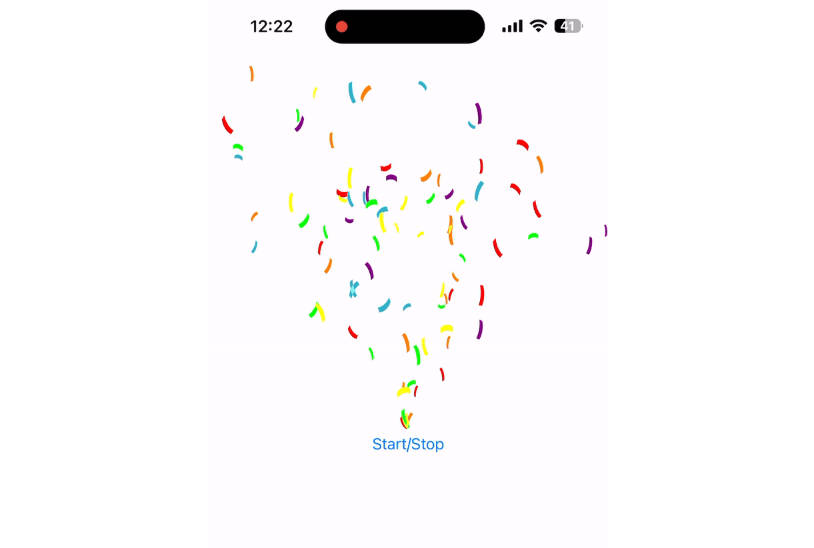Swift When – supporting switch expressions in Swift!
What is it?
Basically, it allows you to (kinda) use switch statement as an expression – compare a value against a bunch of cases and return a single value based on the which case passes.
This functionality exists in most popular languages as it leads to more elegant and concise code (e.g, C#, Java, Kotlin). Consider this example:
public enum Colors: WhenCompliant {
case red, blue, green
var hexString: String {
when(self) { // isn't this nice?
Colors.red => "#FF0000"
Colors.green => "#00F000"
Colors.blue => "#0000FF"
}
}
}
OK, but why?
Because I wrote something like this way too many times:
public enum Colors: WhenCompliant {
case red, blue, green
var hexString: String {
switch self { // :(
case Colors.red:
return "#FF0000"
case Colors.green:
return "#00F000"
case Colors.blue:
return "#0000FF"
}
}
}
Writing out a full switch to transform a single enum value into something else, alongside all the cases, colons and explicit returns is unnecessarily verbose and ceremonial.
The same is true for a bunch of if-else if-...-else that all return the same value:
func describeNumber(_ n: Int) -> String {
if n > 0 {
return "positive"
} else if n < 0 {
return "negative"
} else {
return "zero"
}
}
This package aims to solve those issues.
What it can do
Use with enums
To use an enum with when, it needs to be WhenCompliant, which implies being Hashable and CaseIterable:
enum Colors: WhenCompliant {
case red, blue, green
}
After that, things get really simple:
func describeColor(_ color: Colors) {
let description = when(color) {
Colors.red => "red"
Colors.blue => "blue"
Colors.green => "green"
}
print(description)
}
When called, when checks if all enum cases are taken care of. If not, a runtime error is thrown.
Alternatively, you can specify the default clause:
func describeColor(_ color: Colors) {
let description = when(color) {
Colors.red => "red"
Colors.blue => "blue"
"other" // the default clause
}
print(description)
}
If multiple cases should map to the same result, wrap them in an array:
func describeColor(_ color: Colors) {
let description = when(color) {
[Colors.red, Colors.blue] => "redOrBlue"
Colors.green => "green"
}
print(description)
}
Use with boolean expressions
Alternatively, when can be used as a generic shorthand for a bunch of if-else if-…-else statements that all return the same value. Check out this example:
func describeNumber(_ n: Int) -> String {
when {
(n > 0) => "positive"
(n < 0) => "negative"
"zero" // default clause
}!
}
What it can’t do
whencan’t work with enums that have associated values. Consequently, it also can’t unwrap associated values (i.e, nocase let).switchoffers compile-time guarantee that all cases are covered.whendoes that at runtime.
Installation
This component is distrubuted as a Swift package. Just add this URL to your package list:
https://github.com/globulus/swift-when
Changelog
- 1.0.0 – Initial release.




